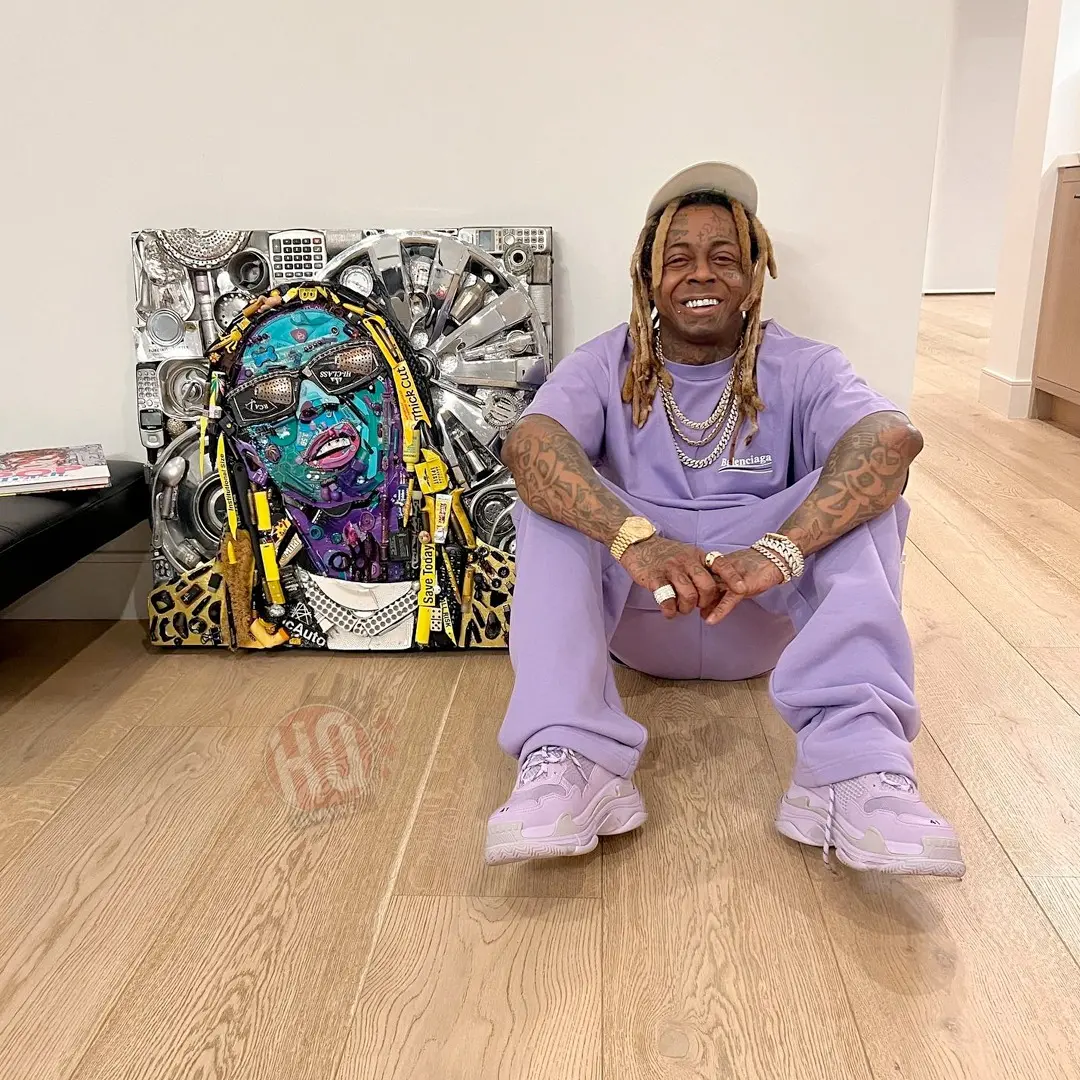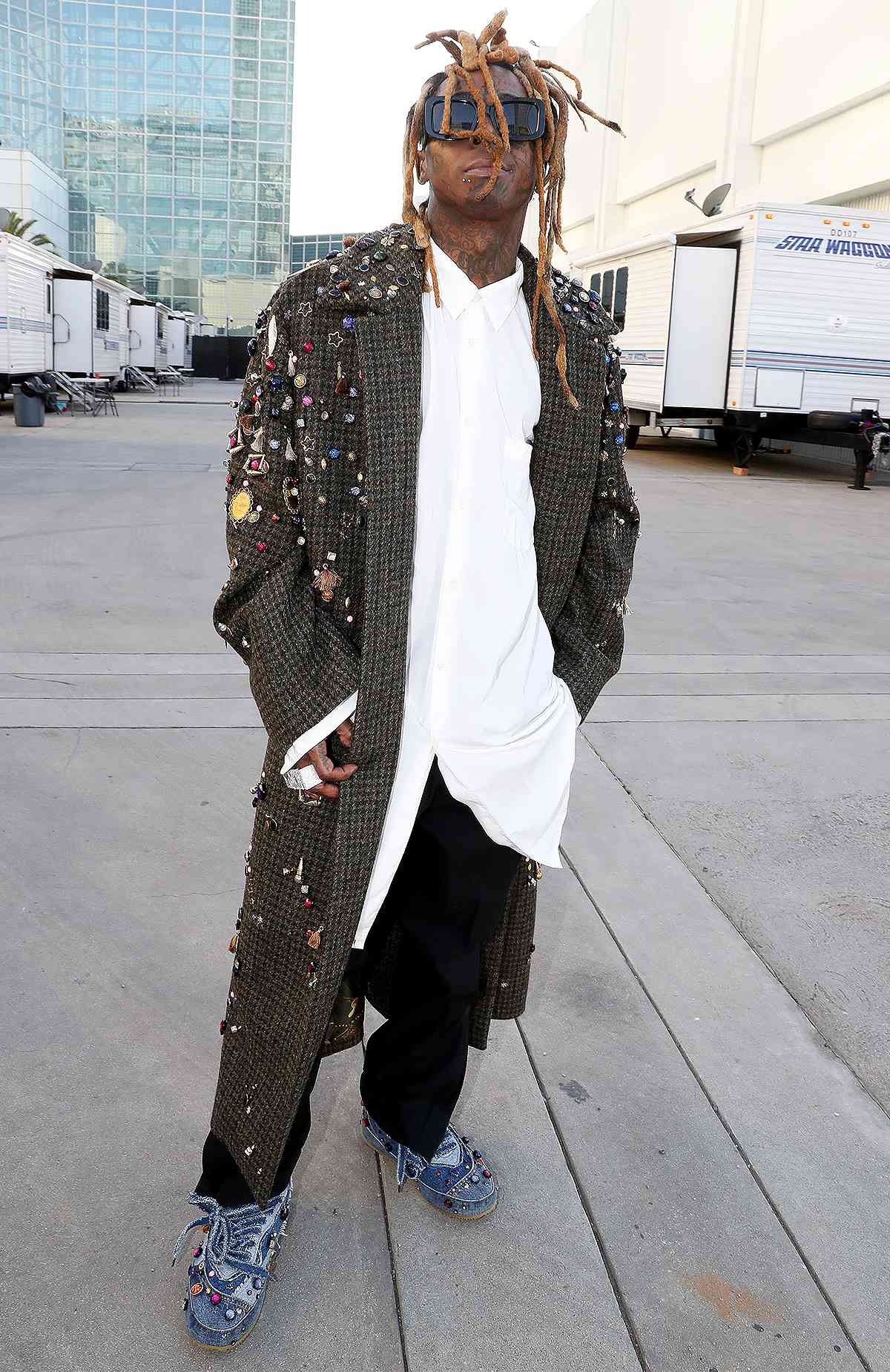Lil Wayne, often hailed as one of the most influential figures in hip-hop, recently made a bold declaration: “I am the GOAT and I will always be the GOAT.” This statement, affirming his self-proclaimed status as the “Greatest of All Time,” reflects his confidence and enduring impact on the music industry.
Lil Wayne’s claim is not without merit. Over his decades-long career, he has produced an impressive discography, featuring a multitude of hit albums and singles that have resonated with fans worldwide. From his early days with the Hot Boys to his groundbreaking solo work, Wayne has continually pushed the boundaries of hip-hop. His intricate wordplay, innovative metaphors, and distinct voice have set him apart in a crowded field. Tracks like “A Milli,” “Lollipop,” and “6 Foot 7 Foot” have not only topped charts but also influenced a generation of rappers.
Beyond commercial success, Lil Wayne’s influence is evident in the respect he commands from peers and critics alike. He has mentored and collaborated with a plethora of artists, shaping the careers of many contemporary stars. His ability to stay relevant in a rapidly evolving music landscape speaks to his adaptability and creative prowess.

However, the title of GOAT in any field is subjective and often contentious. Hip-hop is no exception, with fans and critics debating over various contenders for the title, including legends like Tupac, Notorious B.I.G., Jay-Z, and Nas. Each artist brings unique contributions to the genre, making the GOAT designation a matter of personal preference and criteria.
In asserting his status as the GOAT, Lil Wayne not only reaffirms his confidence but also sparks conversation about the qualities that define greatness in hip-hop. His statement invites both admiration and scrutiny, reinforcing his role as a central figure in the ongoing narrative of the genre. Whether one agrees with his self-assessment or not, there is no denying Lil Wayne’s significant and lasting impact on hip-hop.






